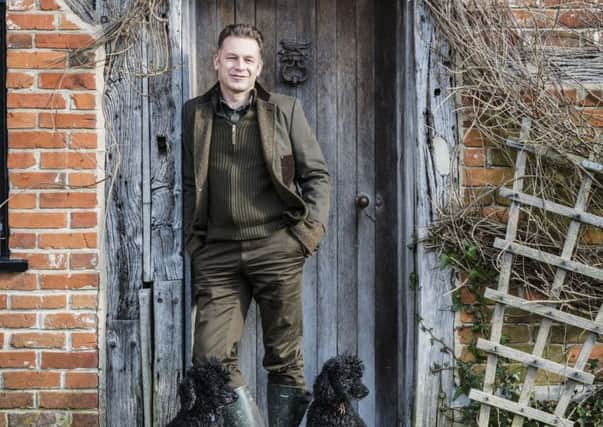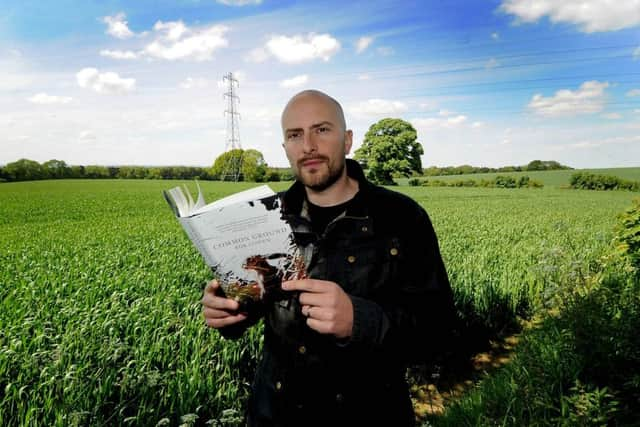Centuries of wildlife captured between the covers


Gilbert White, an 18th century curate, is considered the grandfather of natural history, even though he famously described the earthworm as “a small and despicable link in the chain of nature”.
His work in collecting data on more than 400 plant and animal species in his native Hampshire stands as a classic of its kind and today it is named among ten titles shortlisted in a public poll to find the nation’s favourite nature book.
Advertisement
Hide AdAdvertisement
Hide AdThe TV naturalist Chris Packham, the Yorkshire writer Rob Cowen and the classics Wind In The Willows and Tarka the Otter are also on the list, which has been compiled by academics at Leeds University and three other bodies, as part of a two-year research project on the changing face of nature writing over two centuries and what it reveals about our relationship with the natural world.


The range of books nominated for the title – 278 volumes were whittled down to the shortlist of 10 – demonstrates that the country’s love affair with the written word has not diminished in the face of nature programmes on TV, said Pippa Marland, a research fellow at Leeds.
“There is definitely something precious about engaging with words on the page,” she said.
“People are turning to literature as well as other cultural forms because of their love for the natural world and their great fear at what appears to be happening to it through climate change and the loss of species.
Advertisement
Hide AdAdvertisement
Hide Ad“The written word is enormously powerful and rich and there are probably things that you can gain from the experience of reading a nature book that you can’t from watching the screen or your computer.”


Gilbert White’s 1789 work, The Natural History Of Selborne, is the oldest on the shortlist, which is now open to public vote. Fingers In the Sparkle Jar, Chris Packham’s a personal growing-up memoir, is among the modern titles, along with Common Ground, in which Rob Cowen chronicles a year in the natural life of a corner of Harrogate.
The judges praised the foraging Mr Cowen for “celebrating an environment that lies at the very edge of urban development”, but he will learn only today of the accolade, Ms Marland said.
Graham Huggan, a Leeds professor who chaired the panel picking the shortlist, said: “We were blown away by the phenomenal response from the public. We received hundreds of nominations and witnessed some of the extraordinarily rich conversations which took place on social media as people championed their favourite books. It was a very difficult decision to come up with the final list of 10.”
Advertisement
Hide AdAdvertisement
Hide AdMiriam Darlington, a nature writer and lecturer at Plymouth University, who was also on the judging panel, said: “People turn to the comfort and inspiration of nature when times are tough.
“Nature books have always offered an inspiring way to connect with the wild environment, whether it’s through fiction, non-fiction, memoir, diaries or poetry.”
She added: “These books are doing work that connects us to how to feel, and to see clearly what there is to be done to enjoy, appreciate and ultimately to save our cherished natural places and their wildlife.”